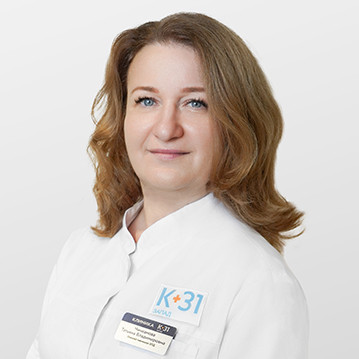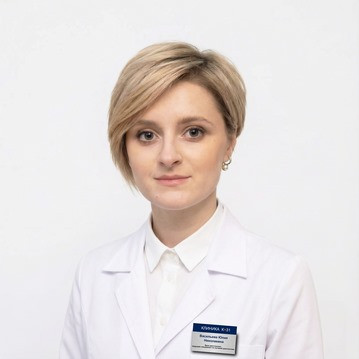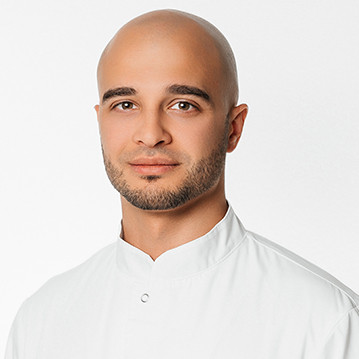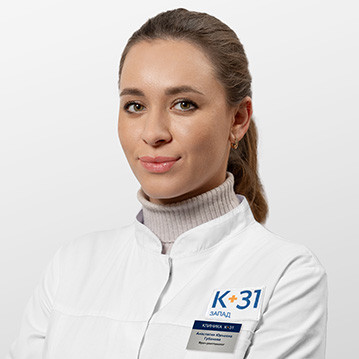MRI of the eye orbits and optic nerves is an informative diagnostic method that allows you to assess in detail the condition of all structures of the eye, surrounding muscles, adipose tissue, lacrimal gland. It is prescribed for deterioration of vision and the appearance of other ophthalmic symptoms.
In the medical clinic "K-31" MRI of the eye is performed on premium equipment, which ensures high quality images. The interpretation of the results is performed by radiologists with extensive experience.
Indications for diagnosis
MRI provides more accurate and detailed images of the eyeball than CT scans. At the same time, it does not require radiation exposure, has fewer contraindications and can be performed several times if necessary. These advantages make MRI of the eye orbits the main research method in difficult diagnostic cases.
It is necessary to undergo an examination if the following symptoms appear:
- Reduced visual clarity, the causes of which could not be determined during a standard examination by an ophthalmologist.
- Double vision (diplopia).
- Pain in the eye socket.
- Exophthalmos (protruding eyeballs).
- Impaired eye movement.
- Suspicion of atrophy of the retina, optic nerve.
- Inflammatory processes in the eye and retrobulbar tissue.
- Injury to the eye, ingress of foreign non-metallic objects.
- All types of volumetric neoplasms of the orbit.
Standard MRI is performed without contrast. If the doctor needs to study in detail the pathology of the vessels and the features of blood flow in the orbit, contrast enhancement with gadolinium-based preparations.
The technique is also prescribed in neurosurgery and ophthalmic surgery in preparation for surgery. MRI of the orbit shows the relative position and blood supply of different structures, helps the doctor to choose the right technique for the operation.
Contraindications
Although magnetic resonance imaging is not accompanied by X-ray irradiation, it has a number of absolute limitations to conduct. First of all, they relate to various metal and metal-containing implants in the human body:
- Pacemaker, cardioverter defibrillator, prosthetic heart valves.
- Hemostatic clips on cerebral vessels.
- Cochlear implant.
- Sewn in nerve stimulators.
- Fixing structures made of steel.
- Some types of joint prostheses.
- Metal foreign objects in the soft tissues of the head.
MRI of the eye orbit with contrast is not performed in case of intolerance to gadolinium and polyvalent drug allergy. Since the contrast is excreted by the kidneys, the study is not prescribed if the glomerular filtration rate is less than 30 ml / min. Another contraindication is a severe form of bronchial asthma.


























